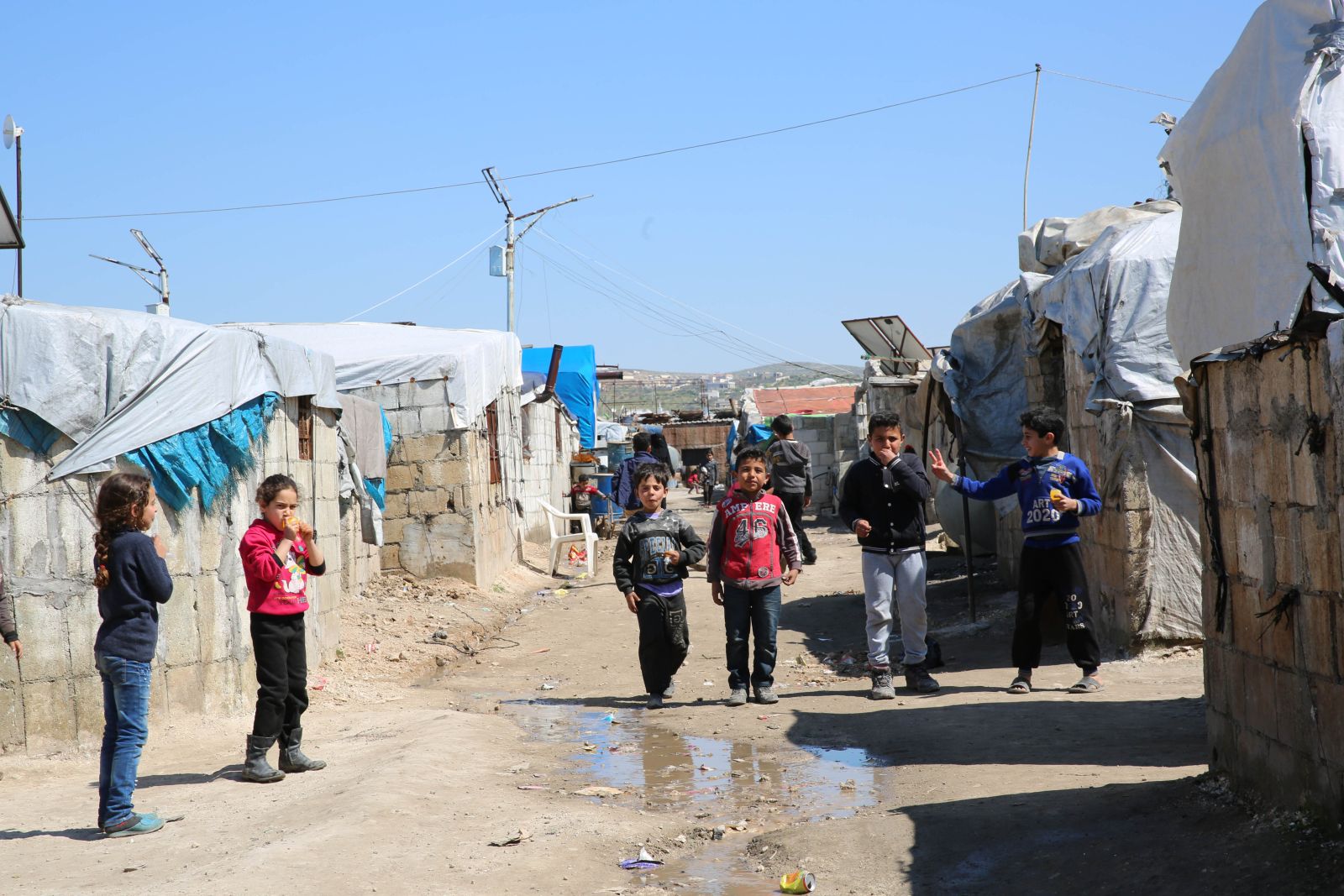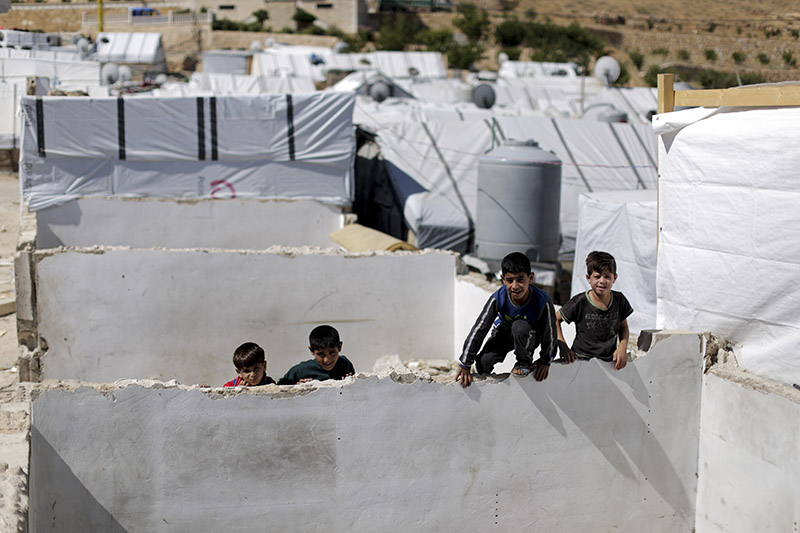Remarkable stories
The journalist Erhard Brunn introduces in his new book people who voluntarily or professionally helped refugees in Germany. He tells their stories and reveals their motives. Brunn interviewed the people and let them speak for themselves. As he is committed to the Christian churches and promotes intercultural dialog with Islam, the author also spoke to many Catholic and Protestant officials, employees and church members who engaged in refugee work. A lot of the refugee work in Germany was done by the Christian churches or church-related organisations. The author also talked to helpers who are migrants themselves and who sometimes have a different view on what was going on. He also dealt with the question of how to handle critics as well as people with racial prejudices. Brunn says that a lot of other questions came up during his research and that he could not answer all of them.
One example of helpers who practised integration is the Bös family from Frankfurt. The husband started to do volunteer work at a refugee camp, fetching food from Turkish supermarkets that was still good but could not be sold anymore. His wife assisted the women in the camp with cooking. The Böses also started to give private German lessons in their living room. The German couple got to know a Syrian couple and decided to give them a home in their four-room flat for several months. The woman was pregnant and has had her baby girl in the meantime. The Syrians now have an apartment of their own but they are still very good friends with the Böses.
Stories like that were told in newspapers and on TV when the greatest refugee influx was going on, but now the media are quite silent about the helpers. Publishers even told Erhard Brunn in autumn 2016 that the book market for the refugee issue was saturated. Luckily he did not listen, was not discouraged and went on with his project. Now the reader finds a potpourri of different stories with a lot of different views. Altogether, they give a good picture of what was and still is going on in Germany. Brunn’s goal is to encourage and initiate an exchange of experience, he says.
He also explains that his book deals with “practised charity” and that it is “mostly little reflected, spontaneous, straight and not programmatic”. In my view, this is a good way of dealing with the issue. I like the book and its positive attitude. This is still very necessary because the refugee issue is not over in Germany and Europe. It is now displaced to Italy. Thousands of refugees a day still set off on a dangerous trip to Europe. Some of them die in the Mediterranean, some of them make it to the Italian islands, which are the first coasts they reach. Currently Europe leaves Italy more or less alone with the influx and ignores the situation. Unfortunately there is also not much heard on the matter from German Chancellor Angela Merkel. The spirit of 2015 is urgently needed again.
Book:
Erhard Brunn: Über alle Grenzen hinweg. Flucht und Hilfe. Berichte und Meinungen aus dem In- und Ausland. Dehm-Verlag 2017 (only in German).













